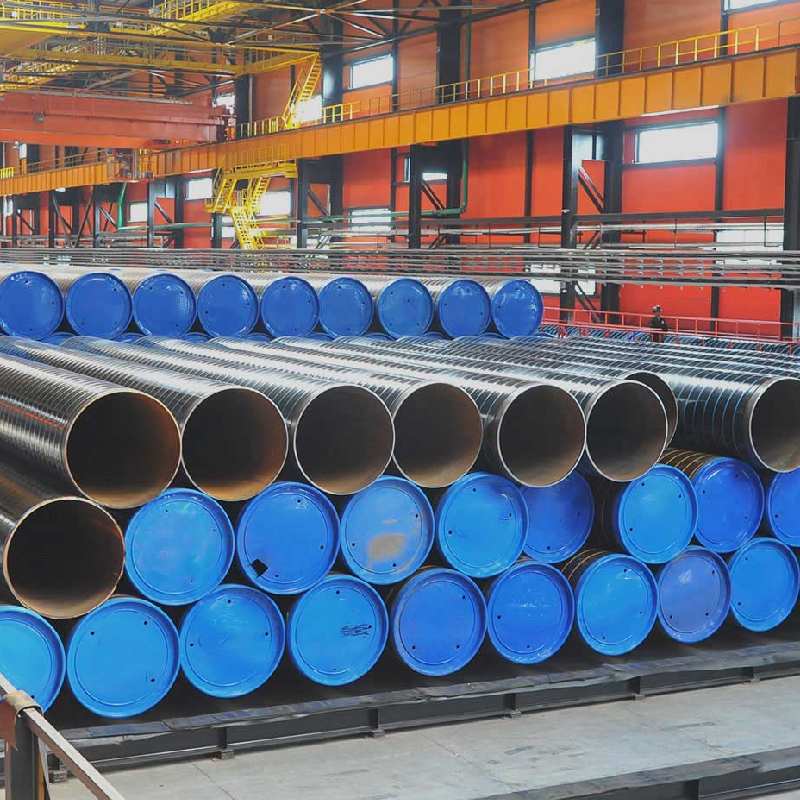-
Cangzhou Yulong Steel Co., Ltd.
-
Phone:
+86 13303177267 -
Email:
admin@ylsteelfittings.com
- English
- Arabic
- Italian
- Spanish
- Portuguese
- German
- kazakh
- Persian
- Greek
- French
- Russian
- Polish
- Thai
- Indonesian
- Vietnamese
- Zulu
- Korean
- Uzbek
- Hindi
- Serbian
- Malay
- Ukrainian
- Gujarati
- Haitian Creole
- hausa
- hawaiian
- Hebrew
- Miao
- Hungarian
- Icelandic
- igbo
- irish
- Japanese
- Javanese
- Kannada
- Khmer
- Rwandese
- Afrikaans
- Albanian
- Amharic
- Armenian
- Azerbaijani
- Basque
- Belarusian
- Bengali
- Bosnian
- Bulgarian
- Catalan
- Cebuano
- China
- China (Taiwan)
- Corsican
- Croatian
- Czech
- Danish
- Esperanto
- Estonian
- Finnish
- Frisian
- Galician
- Georgian
- Kurdish
- Kyrgyz
- Lao
- Latin
- Latvian
- Lithuanian
- Luxembourgish
- Macedonian
- Malgashi
- Malayalam
- Maltese
- Maori
- Marathi
- Mongolian
- Myanmar
- Nepali
- Norwegian
- Norwegian
- Occitan
- Pashto
- Dutch
- Punjabi
- Romanian
- Samoan
- Scottish Gaelic
- Sesotho
- Shona
- Sindhi
- Sinhala
- Slovak
- Slovenian
- Somali
- Sundanese
- Swahili
- Swedish
- Tagalog
- Tajik
- Tamil
- Tatar
- Telugu
- Turkish
- Turkmen
- Urdu
- Uighur
- Welsh
- Bantu
- Yiddish
- Yoruba

Aug . 14, 2024 10:51 Back to list
Comprehensive Guide to Slurry Pump Impellers and Their Essential Components for Optimal Performance
Understanding Slurry Pump Parts The Importance of Impellers
Slurry pumps are essential in numerous industrial applications, particularly when dealing with abrasive and viscous materials such as slurries, slurry mixtures, and thick liquids. Among the critical components of a slurry pump, the impeller plays a pivotal role in ensuring efficient performance. This article delves into the significance of impellers in slurry pumps, their design considerations, and maintenance practices to enhance their longevity and effectiveness.
What is an Impeller?
An impeller is a rotating component found in pumps that transfers energy to the fluid, thereby facilitating its movement through the pump system. In slurry pumps, impellers are specifically designed to handle the challenges posed by thick, heavy, and often abrasive slurries. By utilizing centrifugal force, impellers accelerate the slurry, converting mechanical energy into kinetic energy that enables the fluid to overcome elevation changes and friction losses within the system.
Design Considerations for Slurry Pump Impellers
The design of a slurry pump impeller is crucial for the efficiency and durability of the entire pumping system
. A few key design considerations include1. Material Selection Impellers must be made from materials that can withstand the abrasive nature of slurries. Common materials include high-chrome alloys, rubber, and cast iron. The choice of material significantly influences the impeller's lifespan, as it needs to resist wear caused by the solid particles in the slurry.
2. Impeller Shape and Size The shape and size of the impeller impact the pump's performance. Slurry pump impellers typically have a larger diameter and wider passages compared to other types of pumps, allowing them to handle larger particles and higher flow rates. Moreover, specific designs, such as open impellers, can help minimize clogging in applications where solid particles are prevalent.
3. Hydraulic Performance The hydraulic performance of the impeller is determined by its hydraulic design, which includes factors such as blade angle, number of blades, and the width of the impeller. Engineers must optimize these parameters to achieve the desired flow rate and head, considering the specific characteristics of the slurry being pumped.
slurry pump parts impeller

Maintenance of Slurry Pump Impellers
To ensure that slurry pump impellers maintain optimal performance, regular maintenance is vital. Here are some best practices for underscoring longevity and efficiency
1. Inspection Regular visual inspections of the impeller help identify signs of wear, corrosion, or damage. Early detection of issues allows for timely maintenance or replacement, preventing significant failures.
2. Cleaning Slurry buildup can hinder the impeller's performance. Keeping the impeller clean is essential, especially in applications involving thick slurries. Scheduled cleaning can prevent excessive wear and maintain the pump’s efficiency.
3. Proper Lubrication Ensuring that rotating components are adequately lubricated minimizes friction and wear, prolonging the life of the impeller. Follow the manufacturer’s guidelines for lubrication intervals and types.
4. Monitoring Performance Regularly monitoring the pump’s performance can help identify potential issues. Using pressure gauges and flow meters can provide insights into the impeller’s efficiency and alert operators to maintenance needs.
Conclusion
The impeller is a critical component of slurry pumps, directly influencing their efficiency and durability. Through proper design considerations and diligent maintenance practices, operators can optimize the performance of their slurry pumps, ensuring effective handling of abrasive materials in various industrial applications. By investing in quality materials and regular upkeep, businesses can save on long-term repair and replacement costs while maximizing their operational efficiency. Understanding the role of impellers in slurry pumps is not just a technical necessity; it is a strategic approach to enhancing productivity and reliability in demanding work environments.
Latest news
-
ANSI 150P SS304 SO FLANGE
NewsFeb.14,2025
-
ASTM A333GR6 STEEL PIPE
NewsJan.20,2025
-
ANSI B16.5 WELDING NECK FLANGE
NewsJan.15,2026
-
ANSI B16.5 SLIP-ON FLANGE
NewsApr.19,2024
-
SABS 1123 FLANGE
NewsJan.15,2025
-
DIN86044 PLATE FLANGE
NewsApr.19,2024
-
DIN2527 BLIND FLANGE
NewsApr.12,2024
-
JIS B2311 Butt-Welding Fittings LR/SR 45°/90° /180°Seamless/Weld
NewsApr.23,2024











